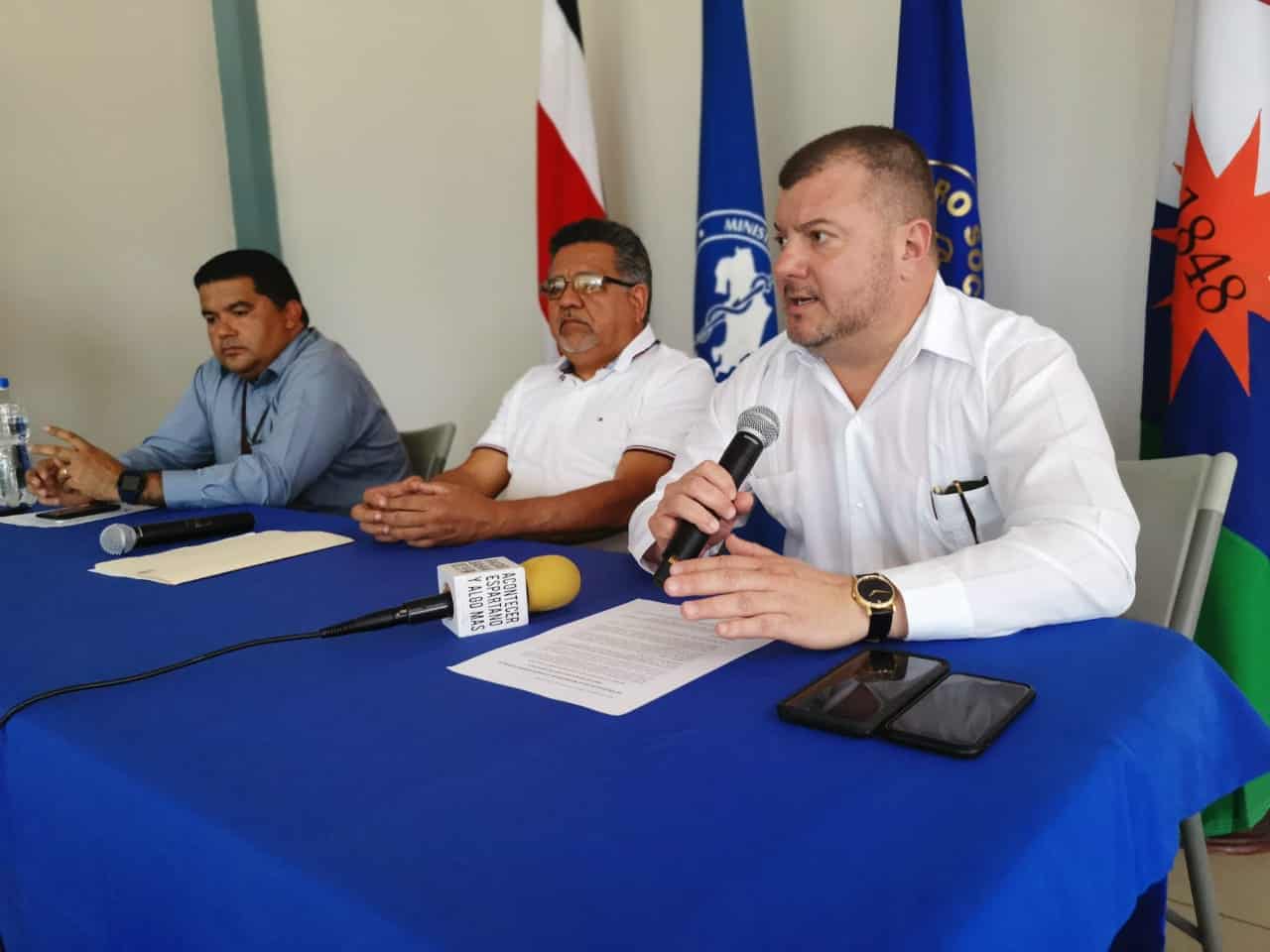The coronavirus crisis has transformed life in Costa Rica, which has enacted measures to protect the capacity of its health system.
Here’s what you should know as a new day starts in Costa Rica:
Marín resigns after disobeying measures
Rodrigo Marín, the now-former director of health surveillance for Costa Rica’s Health Ministry, resigned Monday hours after a photo of the epidemiologist disobeying coronavirus measures circulated on social media.
“Without a doubt, it is necessary to preach by example, and yesterday I was not consistent with the message,” Marín wrote in his resignation letter to Health Minister Daniel Salas.
Sunday, photos of Marín on a sport-fishing boat off the Guanacaste coast were shared by the company the owns the vessel. In the social-media post, Marín — not wearing a face mask or shield — is seen posing for a picture with the captain of the Magician II.
After initially saying that the visit followed Tourism Board protocol because the captain was wearing a face shield, Marín tendered his resignation.
“I made an error, did not maintain my distance outside of my bubble, and did not use personal protective equipment,” Marín wrote.
“These inopportune actions do not represent the commitment of the Health Ministry and each of its workers, who have been working tirelessly against the emergency.”
Marín said he was in Guanacaste “reviewing issues of protocol and the reactivation of the area.”
Plasma treatment advances
Costa Rica is closer to having more treatment options for coronavirus patients thanks to the work of the Clodomiro Picado Institute.
According to Román Macaya, executive president of the Costa Rican Social Security System (CCSS), the country could soon treat patients with purified antibodies from the blood of horses that have been injected with non-infectious SARS-CoV-2 proteins.
Macaya said that the CCSS is establishing and testing a protocol for using the equine serum. The Clodomiro Picado Institute is partnering with George Mason University for further quality control.
The equine serum could be authorized for use in two weeks, Macaya said.
The CCSS already treats critical patients with convalescent blood plasma donated from people who have recovered from COVID-19.






